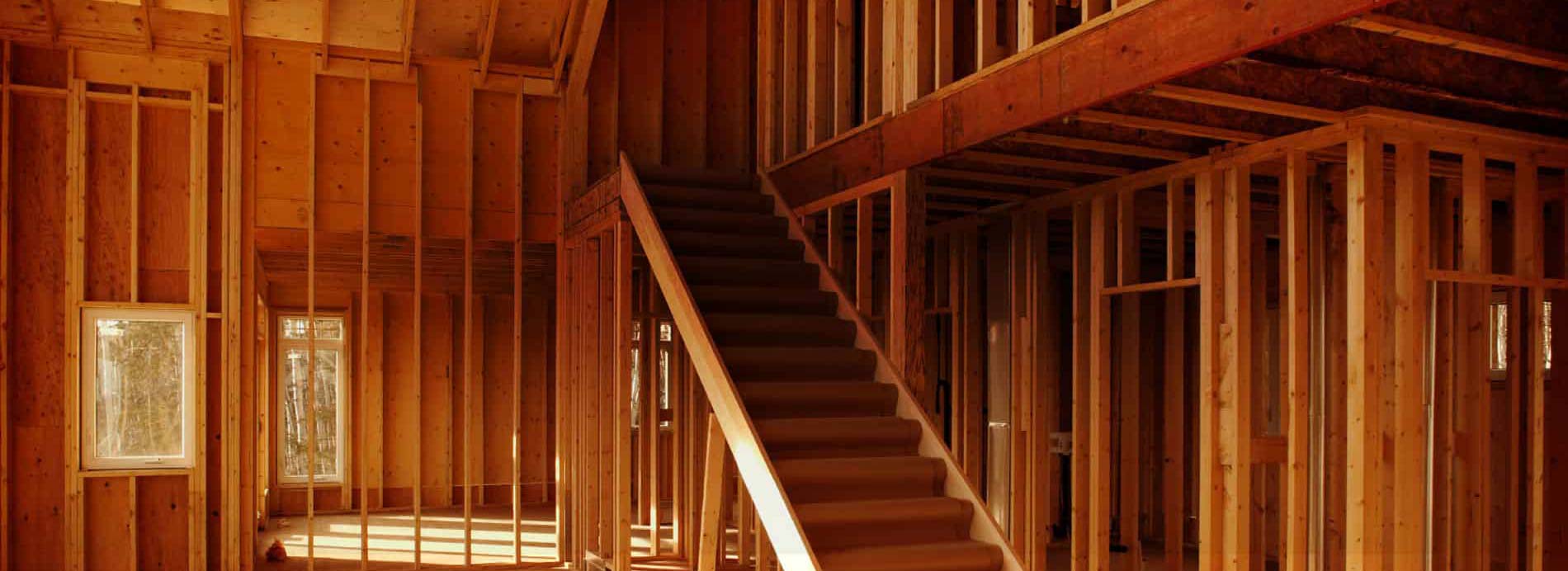New Jersey’s Evolving Building Trends in 2024
The building sector in New Jersey is undergoing a dramatic transition in 2024, one that is focused more on innovation, sustainability, and community-centered development. Statewide, developers and architects are adopting a number of ideas that are changing both the built environment and how people live and work.

Smart building technologies are at the forefront of innovation and have fundamentally altered the way buildings work. By optimizing energy consumption, enhancing security, and improving occupant comfort, IoT devices and advanced automation systems are helping to create more responsive, efficient, and user-friendly buildings.
Mixed-use developments—which combine residential, commercial, and recreational spaces—are growing in popularity, especially in urban areas. With the help of these projects, communities will be able to live, work, and play close to one another, promoting convenience and a sense of community.
The growth of adaptive reuse projects, which entail converting pre-existing buildings—such warehouses and factories—into new spaces like lofts, offices, or cultural centers, is another noteworthy development. By preserving the architectural history of the past and meeting modern needs, these initiatives help to preserve the uniqueness and individuality of the local community.
All things considered, these architectural innovations demonstrate a dedication to creativity, environmental responsibility, and neighborhood involvement, influencing New Jersey’s construction scene going forward.




